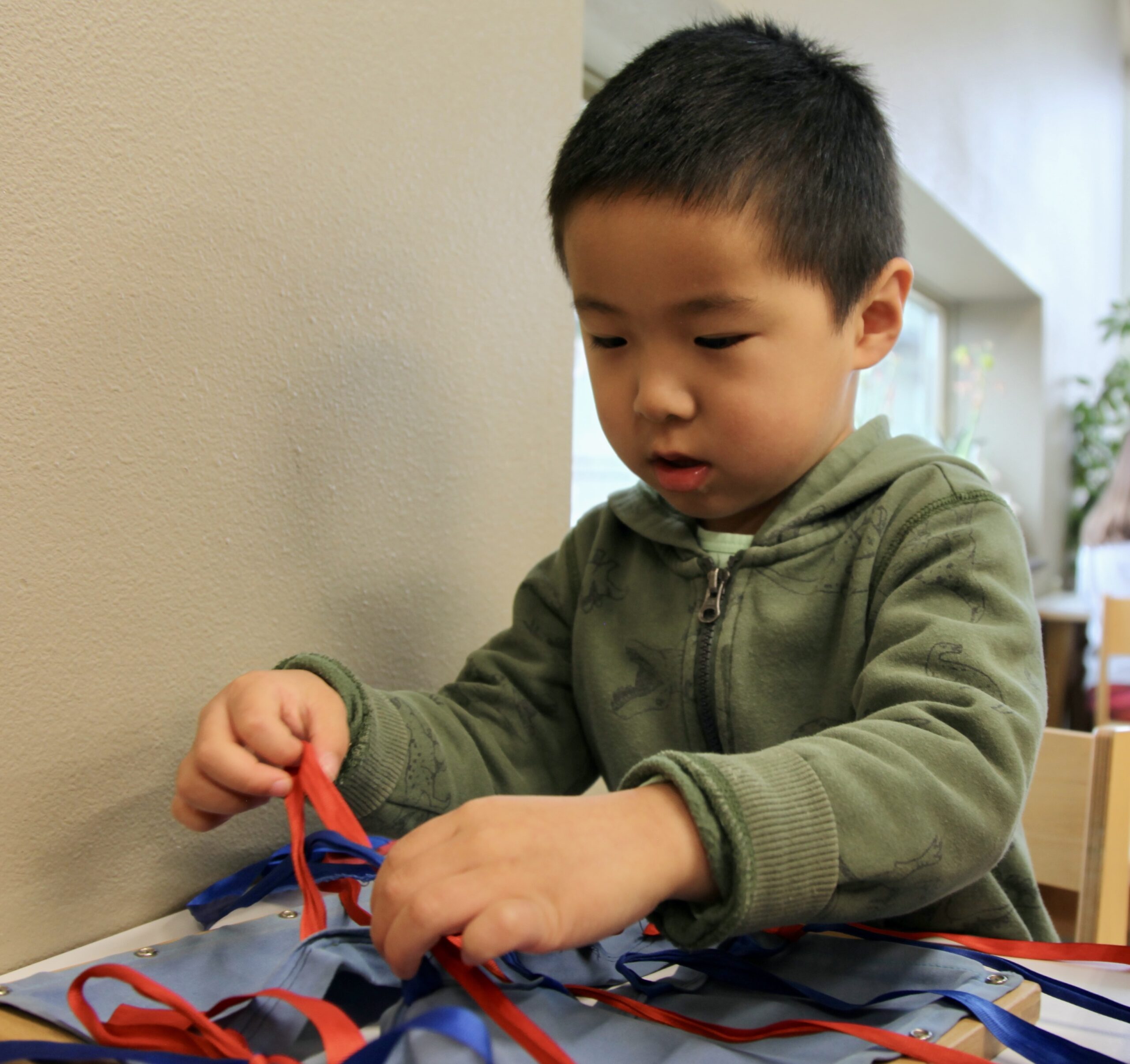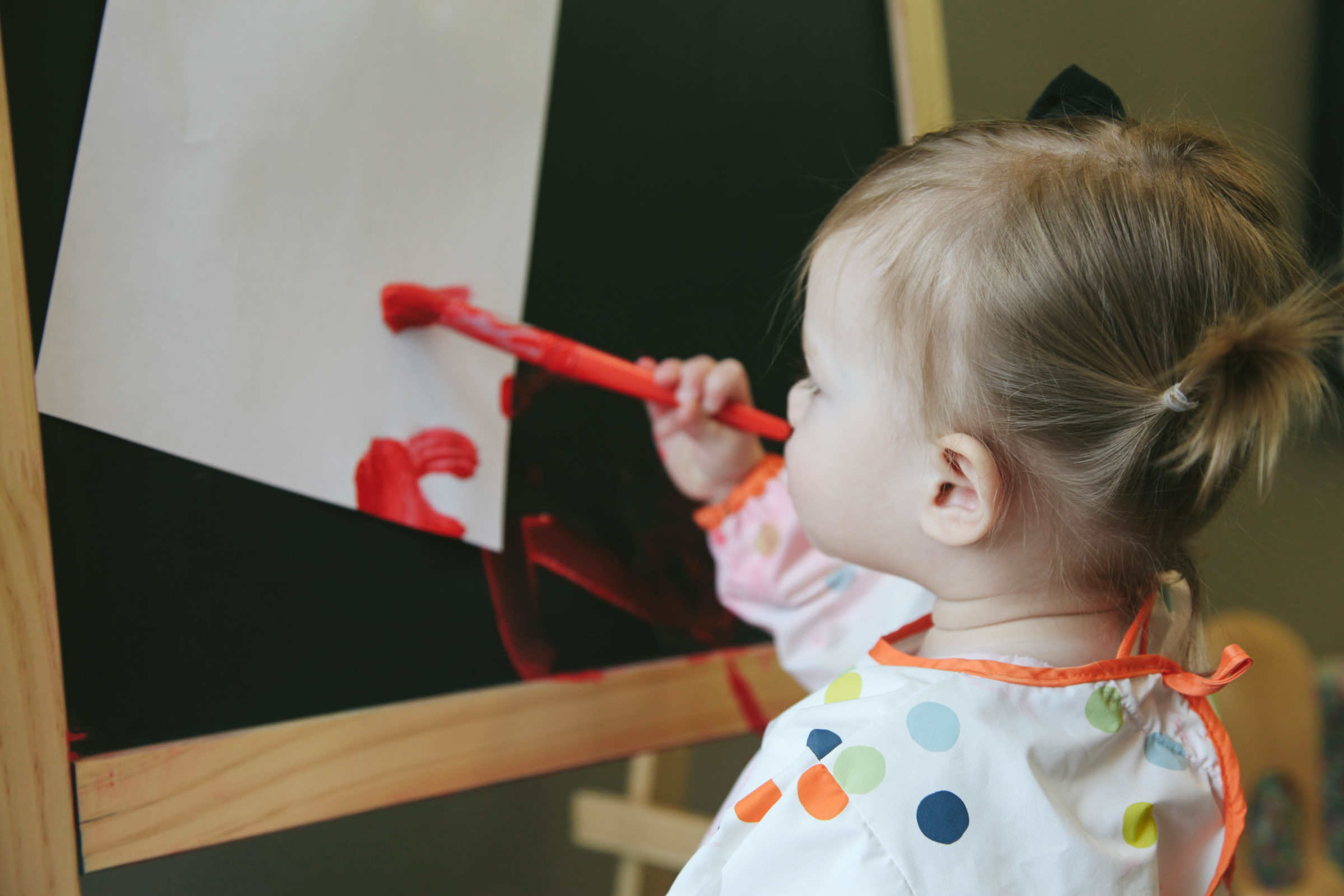Montessori Rewards
Thoughts & Reflections
Montessori is known for encouraging intrinsic motivation, rather than external rewards.
Studies have shown that external rewards decrease motivation — if I can get a sticker or a treat for doing something, I’m not really interested in doing it without the sticker or treat — and can result in meeting the threshold for the reward and nothing more — if I get extra screen time after ten minutes of piano practice, I’m going to do precisely 600 seconds. I’ll also enjoy the experience less, and the reward will need to always increase in order to be meaningful.
In a pedagogy that encourages independence and intrinsic motivation, it’s natural to see how a reward system would be counterproductive. A reward system can imply that this work isn’t worth doing without a reward in place. As much as I enjoy the work I do, and I find it deeply meaningful and rewarding, I also take home a paycheck, and there are things that someone else gets paid to do — like gardening, sewing, or home care — that I enjoy spending my free time doing, and hours go by without notice.
Children are born with an internal drive to learn and discover and work and grow. No one has to give a child a reward to learn to feed themselves or to walk.
Except we kind of do.
I’m writing this in a part of the world where it’s not possible to be barefoot outside year-round, so even if a child is barefoot most of the time, walking is a milestone that is often celebrated with shoes. In a way, shoes are a reward for walking.

The dictionary definition of reward is, a thing given in recognition of one’s service, effort, or achievement. In a similar way that “consequence” has mutated to be a more palatable word for punishment, reward has mutated when used in common vernacular, kind of to be more of a coercion or incentive.
True rewards absolutely have a place within Montessori.
A sticker or a treat has nothing to do with playing the piano. Getting a new music book because you’ve practiced so much you’ve mastered your current one is both a reward, and totally appropriate.
Here are a few other Montessori rewards.
I’ve been practicing my penmanship and I’ve been writing a lot. I get to pick out a pen or pencil of my very own.
I’m ready to work on toileting, so we get cloth underpants in my favorite color.
I’ve learned to tie a bow, so when I grow out of these shoes the next shoes can be tie shoes.
I’ve been helping set the table for dinner each night, so I select a flower to make a small arrangement.
In this way, rewards are celebrations, and it feels good to be celebrated.
We also reward with time and togetherness. If you clean your toys quickly, we’ll have enough time to read three stories before bed. We worked really hard on cleaning up the yard, and I got all hot and sweaty, how about you? Maybe we need some ice cream to cool down, what do you think?
“True rewards absolutely have a place within Montessori.”
It can be easy to think any trinket or special activity is a reward, and therefore bad. Children have evolving needs, and celebrating, or rewarding, isn’t always bad. If a child learns to tie bows, it’s not necessary to drop everything to go buy new shoes, especially if it’s not in the budget. At some point, a child was going to grow out of those current shoes, and whether the new shoes are brand new manufactured or new to our family, looking for shoes with laces is a great celebration of this achievement, and a very appropriate reward. Underpants come in every color, if we’re getting new ones cause you’re ready for toilet learning, why wouldn’t we get them in your favorite color. Mechanical pencils write better than lead pencils (or vice versa) and there IS such a thing as a “good pen.” IYKYK
At 37, I’m a sucker for a sticker chart. I love a good unbroken streak of workouts, or drinking enough water, or whatever goal I want to milestone in this way. Especially as I’m internalizing a new habit, like leaving a clean kitchen before I go to bed or taking my vitamins, it’s a nice visible reminder until it’s internalized. Yes, the true reward is the clean kitchen, or the increased energy, but in this way a sticker is a tool that helps me on my way.
Blanket statements are really easy. Life is a little more nuanced. Yes, no rewards, yes, rewards can erode internal drive, and even self-esteem, but they’re not inherently bad, and can even be appropriate in Montessori.
Written by:
Charlotte Snyder



